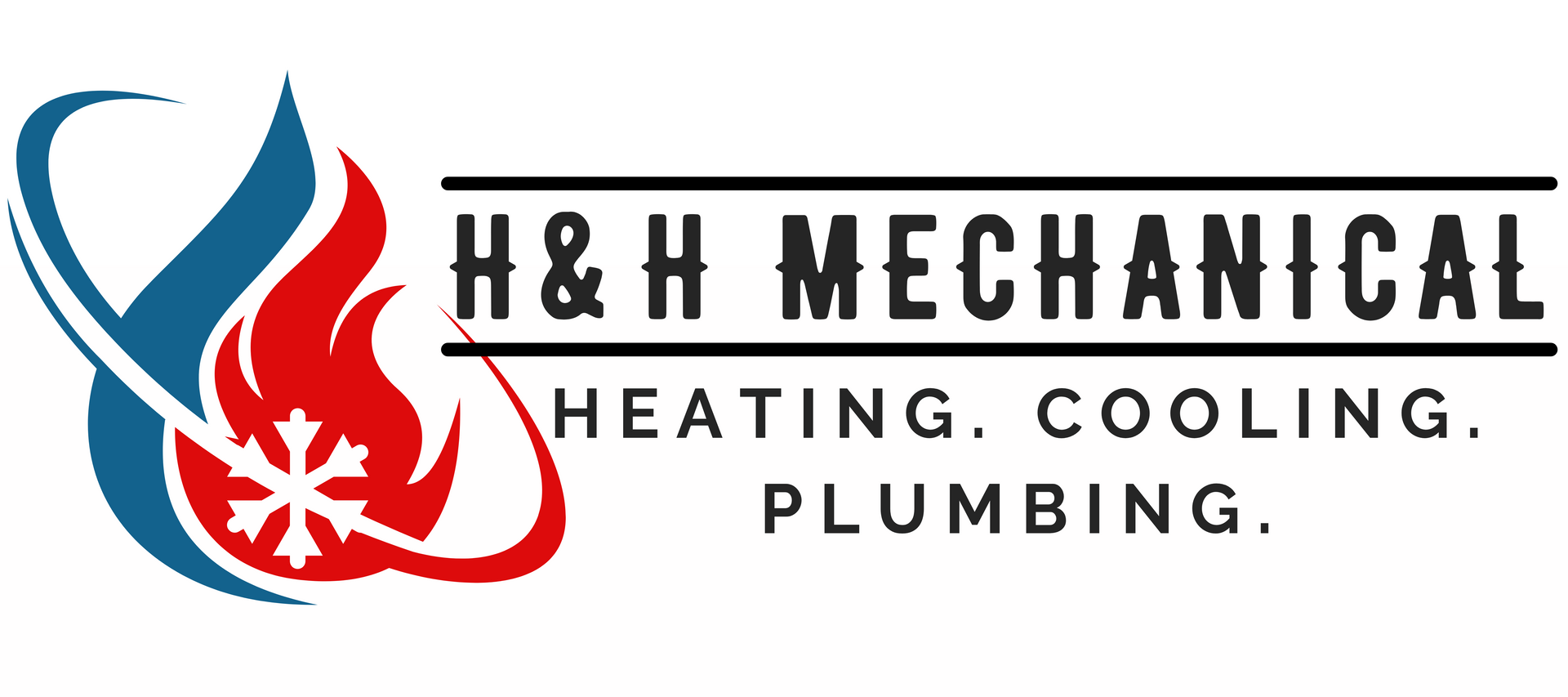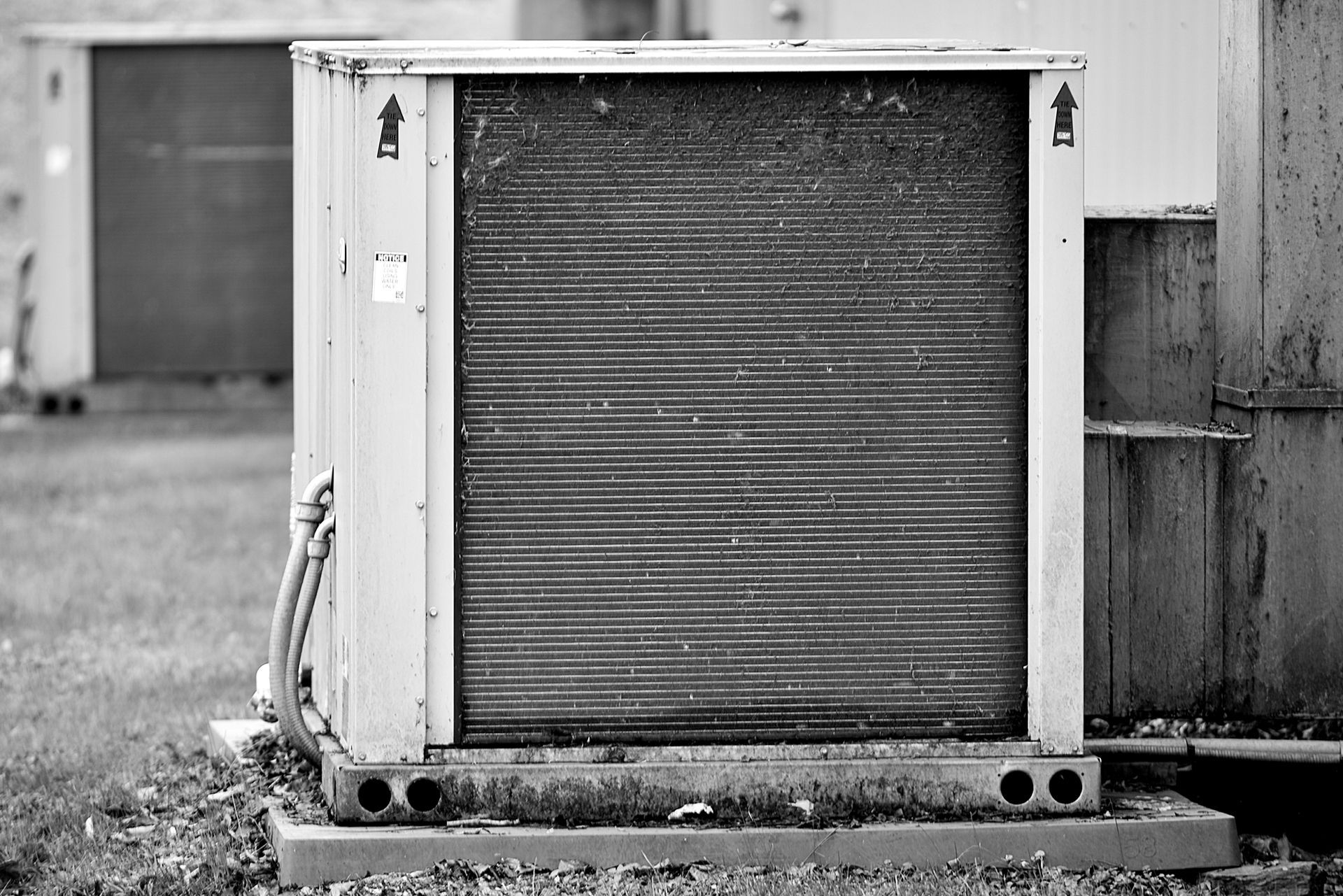—
How to Improve Indoor Air Quality and Create a Healthier Home Environment
Having a healthy home environment is important for your physical and mental wellbeing. Unfortunately, indoor air quality can often be worse than outdoor air quality due to the presence of allergens, dust, mold and other pollutants. Improving your indoor air quality can help create a healthier home environment where you can breathe easier and feel better. Here are some tips on how to improve indoor air quality and create a healthier home environment.
What is Indoor Air Quality, and What Causes Poor Air Quality?
Indoor air quality is an important aspect of our health and well-being, yet it is often overlooked. Poor air quality can lead to a variety of health issues, from respiratory problems to allergies and even cancer . A lack of ventilation, polluted air sources, and poor quality building materials are all indicators of poor indoor air quality. The five most common contributors to poor indoor air quality are cleaning materials, poor building materials, excess moisture, combustion appliances, and tobacco products. Before investing in expensive repairs, it is important to get to the root of your problem and discover its source. That way, you can make a plan to tackle it effectively and efficiently!
5 Simple Ways to Improve Your Home's Air Quality
The quality of your home's air is a critical factor for your family's health. Indoor air can be contaminated with allergens, dust, and other pollutants that can cause respiratory illnesses. Fortunately, there are many simple ways to improve the air quality in your home. By taking a few steps to reduce allergens and pollutants, you can create a healthier environment for your family. In this article, we will discuss five simple ways to improve the air quality in your home and reduce allergens in the environment.
Take Regular Breaks from the Home
Household allergens can become trapped in your home. This can happen because people spend a lot of time indoors, which means that these allergens have time to build up without being washed away. The air quality in your home can be improved by taking regular breaks from the home. For example, if you work outside during the day and come back to your house at night, you will probably find some improvements in air quality immediately after coming inside. If it is wintertime, try spending more time outdoors when there is less pollen and other allergens floating around.
Change your Air Filter Often
Keeping your air filter clean and well-maintained is essential for a healthy home. Changing the air filter often can help reduce allergens, improve air quality, and keep your HVAC system running smoothly. A new air filter can help you breathe easier knowing that your home is free from dust, dirt, pollen, and other airborne particles. Take the time to change your air filter regularly for optimal comfort and peace of mind!
Vacuum Carpet and Rugs
Vacuuming your carpets and rugs is one of the best ways to keep your home healthy. It removes dirt, dust, allergens, pet hair and other particles that can cause allergies or respiratory problems. With the help of today’s advanced vacuum cleaners, you can easily eliminate these particles from all types of carpets and rugs with minimal effort. Investing in a quality vacuum cleaner will ensure that your home remains clean and free of pollutants for years to come!
Fix Humidity Issues
Humidity can become an issue in any home, leading to uncomfortable living conditions. Fortunately, with the right knowledge and tools, you can easily fix humidity issues in your home. From dehumidifiers to ventilation systems, there are a number of solutions you can explore to ensure your family and belongings remain comfortably safe in your home environment. One of the most common ways to deal with humidity levels in your home is through dehumidifiers. Dehumidifiers are simple machines that remove moisture from the air, preventing it from condensing on surfaces and causing damage. They come in a variety of shapes and sizes, making them suitable for use both indoors and outdoors. You can purchase a small, portable unit or one that is designed for residential use in larger spaces like basements or garages. Either way, dehumidifiers are essential household tools for reducing humidity levels as well as mold growth when used properly.
Live plants
Houseplants are having a moment! Not only are they beautiful and an easy way to add a bit of nature indoors, but their air-purifying properties make them a great choice for your home. Live plants can be used to create a serene atmosphere, and they can even help reduce stress levels. Plus, with so many varieties available, it's easy to find one that's perfect for any room in the house.
The Benefits of Investing in an Air Purifier for Your Home
Investing in an air purifier for your home is one of the best ways to ensure that you and your family are breathing clean, healthy air. Air purifiers can eliminate pollutants, allergens, and other airborne particles from the air in your home. With the help of a HEPA filter, ozone generator, or UV light purifier, you can reduce indoor air pollution and improve the quality of your home's air. Investing in an air purifier can provide numerous health benefits for you and your family, as well as improve the overall atmosphere of your home.
If you're concerned about the air quality in your home or office, H&H Mechanical can help. Our team of experienced technicians can diagnose and repair any indoor air quality issue, no matter how small or complex. We specialize in finding the root cause of your indoor air quality issues and providing solutions that will ensure you have clean, healthy air for years to come.







